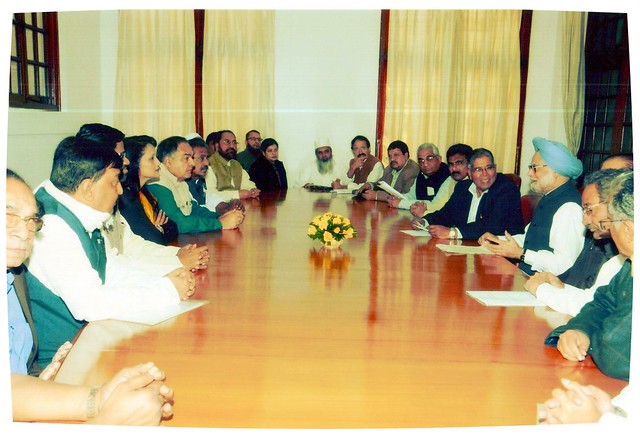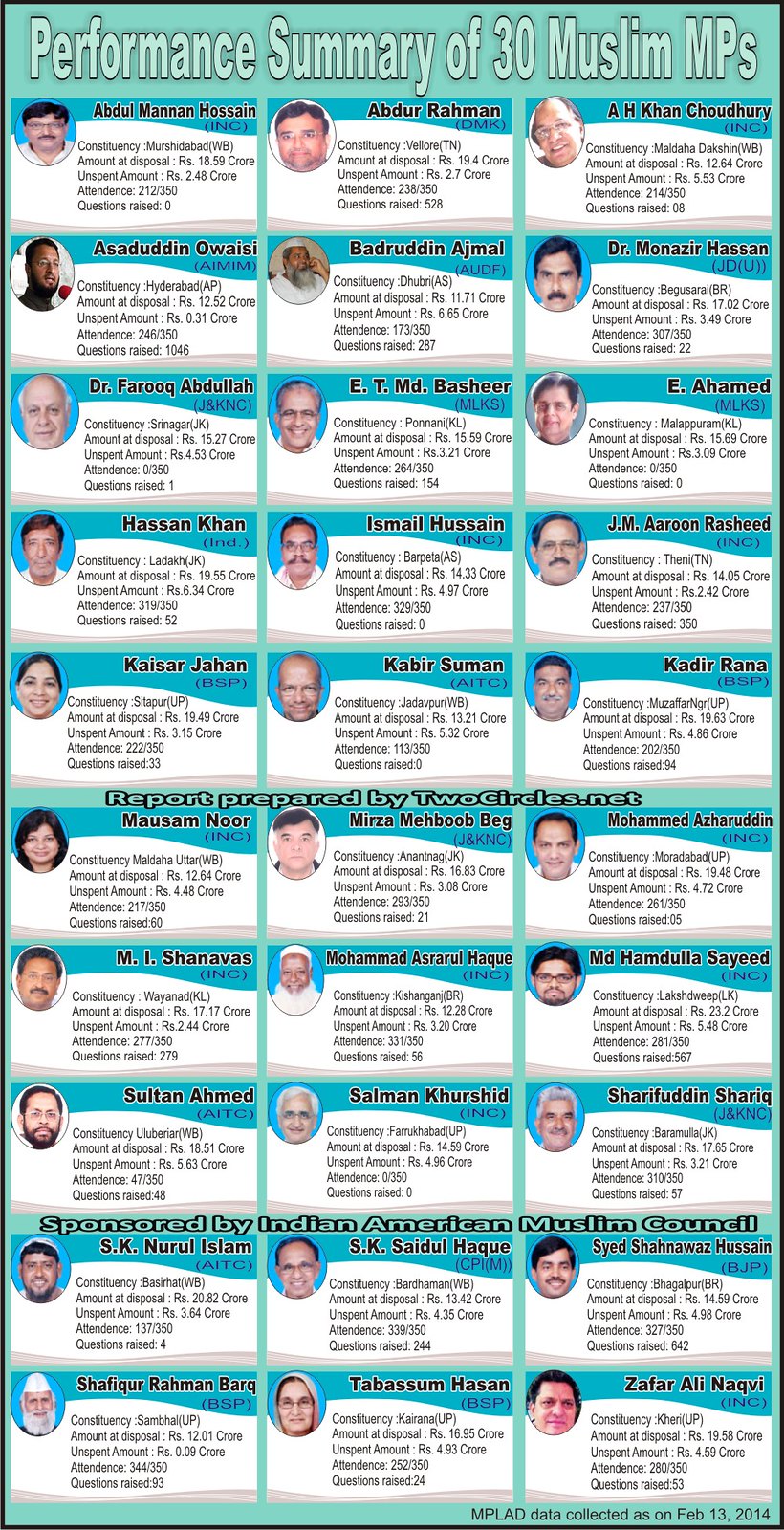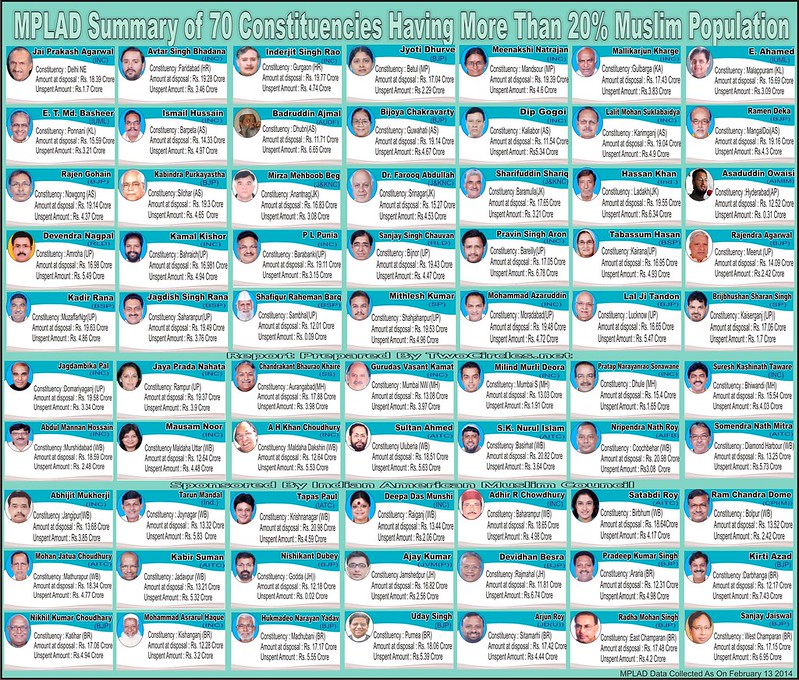By Kashif-ul-Huda, TwoCircles.net
Even if you are a minority of one, the truth is the truth. – Mahatma Gandhi
Muslims have a valid complaint about being underrepresented in government and elected offices. In a secular democracy however, our elected officials are expected to represent and work for the benefit of all their constituents, regardless of caste and creed. While it is important to work for adequate representation of Muslims in government, under representation should not hold us back from holding those we have elected to office accountable for their acts of omission and commission.

A delegation of Muslim MPs meeting the Prime Minister Dr. Manmohan Singh in December 2011
Merely having Muslim figureheads in elected offices is not a solution to the wide range of problems the community is facing. The current Uttar Pradesh assembly has the highest Muslim representation ever but the state has witnessed the highest number of communal riots and illegal detentions.
The responsibility of the voter does not end at the ballot box. Each of us needs to hold our elected representative and the party leadership accountable for the promises made before the elections, and for their contribution to justice, security, development and effective governance that is expected of every elected official.
Some indicators of an MP’s performance are:
a. How much of the funds available to the MP through the Member of Parliament Local Area Development Division (MPLAD) were actually utilized?
b. How many questions did the MP raise in Parliament?
c. The debates they have participated in Parliament?
The larger question is: Are these MPs able to represent the interests of their constituents once they get to the apex law-making body in India? TwoCircles.net (TCN) has gathered the Member of Parliament Local Area Development Division (MPLAD) scheme data for the 70 constituencies where the percentage of Muslim population ranges from 20 to 95 per cent. TCN investigated how well the community is being served by their elected representatives to Lok Sabha by analyzing the MPLAD data. We also assessed the performance of Muslim MPs in the Lok Sabha by verifying the attendance record, number of questions asked as well as number of debates participated in.
Beyond the data collected in this report, there are other parameters that need to be considered in assessing an MP’s performance. For instance, communal riots are usually incited and sustained due to the machinations of political players. Sadly but too often, state connivance and the silence of elected representatives exacerbates the communal divide and fans the flames of sectarianism.
All civil society institutions, regardless of their ethnic or religious make-up need to question those holding positions of influence and power about their role in curbing communal violence and in working for the fraternity of all Indians that the Constitution of India directs us to.
Although the scope of this report is limited to a few parameters, it is my hope that it will foster the culture of accountability that we need so urgently in our nation.
Full report : Download pdf



